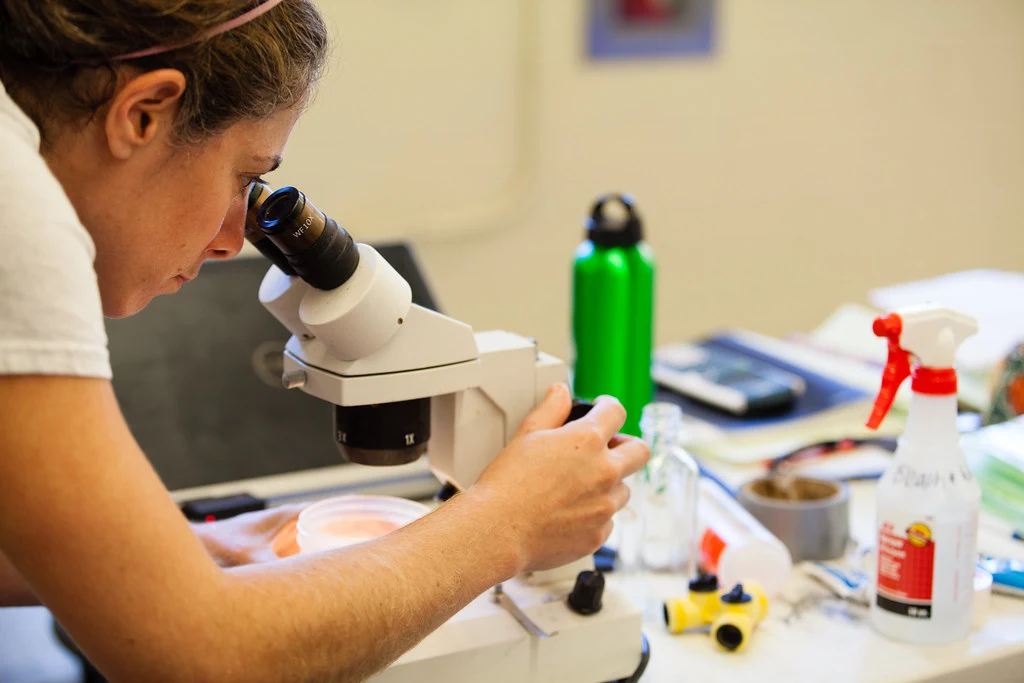
In today’s rapidly advancing world, the pursuit of knowledge and scientific discovery is more crucial than ever. Scientists play a pivotal role in shaping our understanding of the universe, developing innovative technologies, and solving complex problems. But does one need a Ph.D. to embark on this intellectual journey? Let’s delve into this question and explore the diverse paths individuals can take to become scientists.
Defining a Scientist
Before we delve deeper, it’s essential to clarify what we mean by a scientist. While traditionally, a scientist is someone who holds a Ph.D. and conducts research in academia, the definition has evolved over time. Today, a scientist can be anyone engaged in systematic and empirical inquiry to generate new knowledge or solve practical problems.
Traditional Path to Becoming a Scientist
The conventional route to a career in science often involves obtaining a Ph.D. degree. This path typically begins with earning a bachelor’s degree in a relevant field, followed by enrollment in a graduate program. During their Ph.D., students conduct original research under the guidance of experienced mentors, culminating in a dissertation.
Alternative Paths to Becoming a Scientist
However, the journey to becoming a scientist is not confined to the walls of academia. Many professionals in industries such as pharmaceuticals, biotechnology, and engineering contribute significantly to scientific advancements without holding Ph.D. degrees. Practical experience gained through industry positions can be equally valuable in honing research skills and fostering innovation.
Moreover, some individuals pursue unconventional routes to enter the scientific community. They engage in self-directed learning, participate in open-source projects, and collaborate with like-minded enthusiasts to conduct research. While unconventional, these paths demonstrate that a Ph.D. is not the sole gateway to a successful career in science.
Pros and Cons of Pursuing a Ph.D.
While a Ph.D. offers in-depth training and specialization in a particular field, it also comes with its set of challenges. On the positive side, doctoral programs provide opportunities for intellectual growth, networking, and access to resources. However, the lengthy duration of Ph.D. studies, coupled with intense competition for academic positions, can be daunting for aspiring scientists.
Skills Required for a Career in Science
Regardless of the path chosen, certain skills are essential for success in the field of science. Critical thinking, problem-solving, and research skills are paramount for formulating hypotheses, designing experiments, and interpreting data accurately. Moreover, effective communication skills are vital for disseminating findings and collaborating with peers.
Importance of Practical Experience
While academic knowledge is valuable, practical experience plays a crucial role in preparing individuals for careers in science. Hands-on research opportunities allow aspiring scientists to apply theoretical concepts in real-world settings, fostering creativity and adaptability. Furthermore, exposure to interdisciplinary collaboration promotes innovation and holistic problem-solving.
Diversity in the Scientific Community
Efforts to promote diversity and inclusivity in the scientific community are essential for fostering innovation and addressing global challenges. Breaking traditional barriers and creating inclusive environments where individuals from diverse backgrounds feel valued and supported are crucial steps toward building a more equitable scientific workforce.
Conclusion
In conclusion, while a Ph.D. can provide valuable training and credentials, it is not the only pathway to a successful career in science. Alternative routes, such as industry experience and self-directed learning, offer viable options for aspiring scientists. Ultimately, what matters most is a passion for discovery, a commitment to excellence, and a willingness to embrace diverse perspectives and experiences.
FAQs
- Do all scientists have Ph.D. degrees? Not necessarily. While many scientists hold Ph.D. degrees, there are numerous professionals in industry and other fields who contribute to scientific research without doctoral qualifications.
- What skills are essential for a career in science? Critical thinking, problem-solving, research skills, and effective communication are indispensable for success in the field of science.
- Is pursuing a Ph.D. the best option for aspiring scientists? It depends on individual goals and circumstances. While a Ph.D. offers specialized training, alternative paths can also lead to fulfilling careers in science.
- How important is practical experience for aspiring scientists? Practical experience provides invaluable opportunities to apply theoretical knowledge, develop practical skills, and foster innovation.
- Why is diversity important in the scientific community? Diversity fosters innovation, creativity, and equitable access to opportunities, leading to more robust and inclusive scientific research.

Leave a Reply